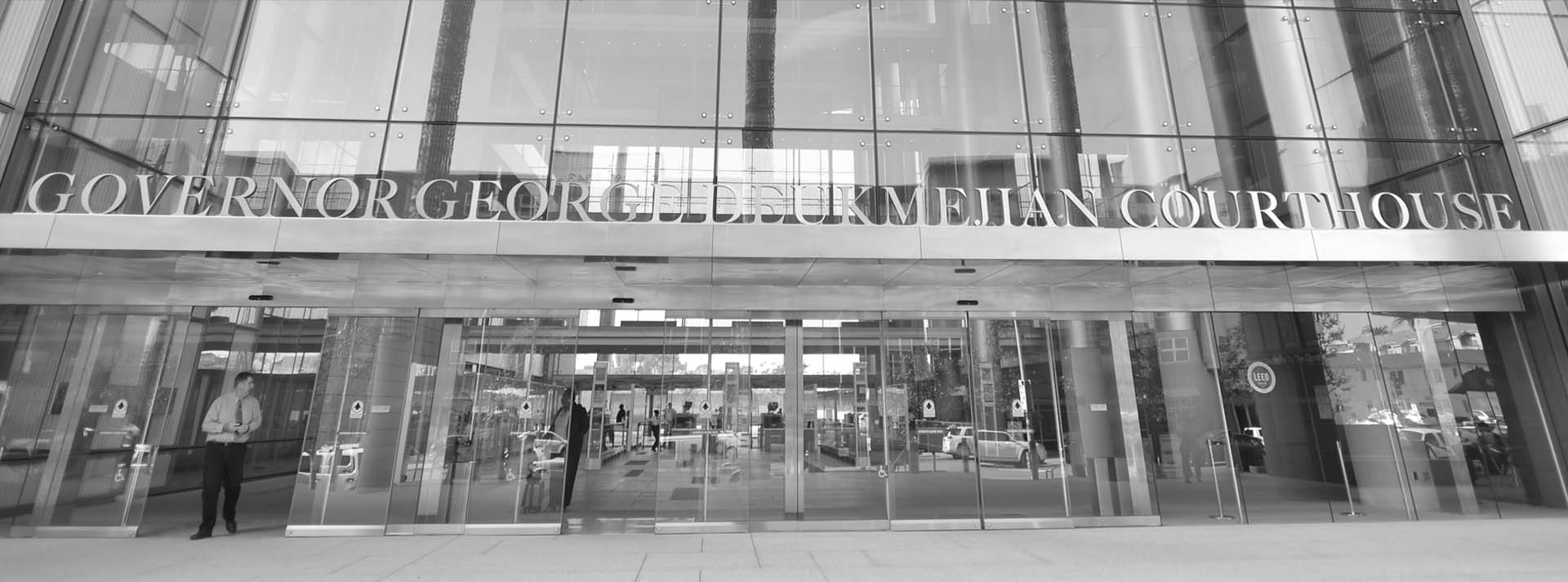


When Prince, the composer/musician died unexpectedly on April 21, 2016 at the age of 57, the discovery that the iconic artist had no known will or trust raised the specter of a grueling probate battle in order to equitably distribute his assets and settle any debts left on the books of his vast and complex estate. Probate, the process of paying bills and distributing assets after death, while relatively straight-forward when the deceased has made clear provisions in writing, quickly devolves into a legal quagmire when no beneficiary is named and when significant debts remain to be settled. As can often happen, in the legal system, costs balloon the longer a dispute goes unresolved. In Prince’s case, the probate complications intensify significantly since whoever is ultimately awarded the benefit of his estate stands to make millions from the licensing of his music catalogue. As long as there’s a market for the funky sound that “purple” makes, which is arguably forever.
For now, Bremer Trust has been named as special administrator of the estate at the request of the presumptive beneficiary, Prince’s sister, Tyka Nelson. Bremer Trust is conducting the initial process behind closed doors, carefully tallying the singer’s assets and debts and assessing the legitimacy of claims raised beyond those of his six surviving siblings. According to the New York Post, those claims continue to roll in, and may top seven hundred in total. The Prince probate proceeding is a classic example of the perils of failing to leave a will or trust, especially for high net worth individuals.
Probate is a morass of strict deadlines and constraints, where even small mistakes can prolong the process and eat into the sum that is ultimately awarded to beneficiaries. Probate, especially for high value estates, is a battlefield of competing interests, beneficiaries, creditors, bonded executors, attorneys and even the IRS, can join the fray. Because probate is subject to so many factors, legal fees can be difficult to forecast at the outset, but have a high likelihood of escalating to staggering proportions. Minnesota lawyers working on the Prince probate will negotiate their compensation by charging by the hour or flat rate. With a potential valuation of $800 million, those rates will be steep. California is one of the few states in which probate lawyers are permitted to seek a “statutory fee,” a percentage of the value of the property going through probate.
The current California statutory probate rates are:
4% of the first $100,000 of the gross value of the probate estate
3% of the next $100,000
2% of the next $800,000
1% of the next $9 million
.5% of the next $15 million
and “a reasonable amount” of anything over $25 million
Since these rates are determined by the gross value of the estate, not by what is actually owned, it’s easy to see how expensive the process can become. By contrast, consider the almost mundane ease with which property is transferred by a will or living trust.
Had Prince established a living trust before his untimely death, the arrangement would have named a trustee to hold legal title to his estate for a set of named beneficiaries. Prince, who was notoriously protective of his intellectual and artistic property in life, would have retained full legal control over his property until his death, when executorship would have transferred to the trustee. That person, empowered by Prince’s directive, would then have been free to distribute the estate’s assets in a timely manner to whichever beneficiaries — friends, relatives, charities — Prince specified in the living trust, free of the hurdles of the probate process and the ensuing storm of speculative claims.
Protect your inheritance today by making an appointment with The Velasco Law Group – www.velascolawgroup.com




Our Partners Invite You
